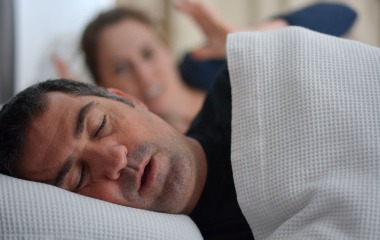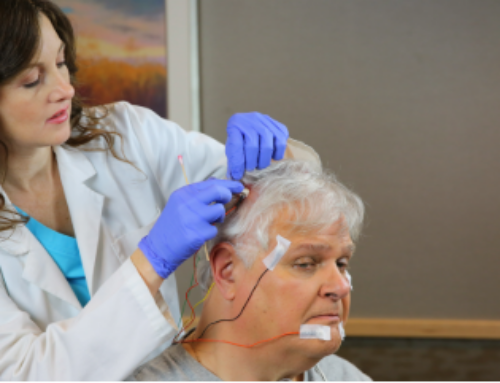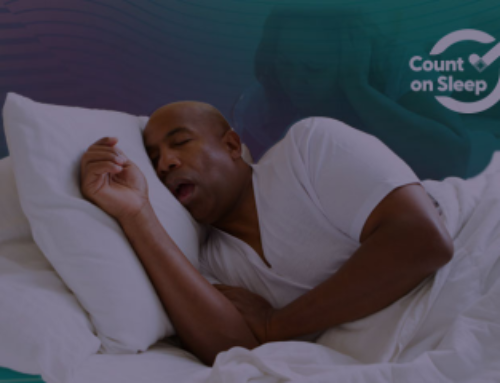More than two-thirds of American adults are overweight or obese. These rates have been increasing for decades.
In 1980 no state in the U.S. had an adult obesity rate above 15 percent. Today 13 states have rates above 30 percent, and 41 states have rates of at least 25 percent.
But is the problem still getting worse? A new report indicates that adult obesity rates may be starting to level off in every state except Arkansas. But the overall obesity rate in the U.S. remains extremely high. Nearly 36 percent of adults are obese with a body mass index (BMI) of 30 or higher.
The rate of extreme or “morbid” obesity also is rising. More than six percent of adults now have a body mass index of at least 40. This represents an excess weight of roughly 100 pounds or more.
The annual report “F as in Fat: How Obesity Threatens America’s Future 2013” was posted online on Aug. 15. It was prepared by the Robert Wood Johnson Foundation (RWJF) and Trust for America’s Health (TFAH).
One of the major health risks linked with obesity is obstructive sleep apnea. OSA involves repetitive breathing pauses that occur during sleep. The most common warning sign for sleep apnea is loud and frequent snoring.
Thin people can have sleep apnea. But the major risk factor for OSA is excess body weight. Data suggest that the rate of OSA has increased greatly over the last two decades. The most likely cause is the rise in obesity. An estimated 12 to 18 million adults in the U.S. have untreated OSA.
Sleep apnea is a serious threat to your health. It increases your risk for high blood pressure, heart disease, Type 2 diabetes and depression. It even increases your risk of death.
But these health risks can be reduced with effective treatment. Treating OSA also improves your quality of life by restoring healthy sleep. This increases your daytime alertness and concentration, gives you more energy and reduces feelings of depression.
Weight loss can reduce the severity of sleep apnea. But it is unlikely to cure OSA. The most effective treatment for sleep apnea is CPAP therapy. Another treatment option for mild to moderate sleep apnea is oral appliance therapy.
A board certified sleep medicine physician can determine if you have sleep apnea. Visit an AASM accredited sleep center for help.





